
Frequently Experiencing Sleep Paralysis, a 24-Year-Old Woman Was Hospitalized Just in Time: The Truth Behind Sleep Paralysis – It's Not Superstition
Have you ever experienced sleep paralysis? I only get it occasionally, but even then, I don’t take it lightly. After reading a few articles, I realized sleep paralysis could actually be linked to health issues—not the spiritual or supernatural forces people often talk about.
Take this case of a young woman that was recently reported: she thought she was just having sleep paralysis, but when she finally went to the hospital, it turned out she had a serious illness. Terrifying, isn’t it?
After Many Days of Sleep Paralysis, a 24-Year-Old Woman Received a Devastating Diagnosis
Ms. Liu, a 24-year-old from Shenzhen, had recently been experiencing numbness in her limbs, trouble moving, and difficulty breathing. She often had episodes of sleep paralysis.
"The first time it happened, I woke up feeling completely drained. Since I was on my period, I thought that might be the reason," Ms. Liu shared. "But the second day, I experienced sleep paralysis so intense I could barely wake up."
Repeated sleep paralysis episodes left her exhausted and unable to use her arms or legs effectively. Realizing she couldn’t keep going like this, she sought medical attention at Southern University of Science and Technology Hospital in Shenzhen.
The diagnosis: acute Guillain-Barré Syndrome. Because her condition had worsened quickly, she had to be transferred to the ICU for emergency treatment.
What Is Guillain-Barré Syndrome?
According to Dr. Yang Hongquan, Director of the Neurology Department at the hospital, Guillain-Barré Syndrome can manifest with unclear speech, difficulty swallowing and breathing, numbness, and fatigue. It’s a form of polyneuropathy caused by inflammation of multiple nerves, often triggered by an autoimmune response after viral infections or immunizations.
The syndrome progresses rapidly and can become life-threatening if not treated in time. Many patients mistake it for spiritual disturbances like sleep paralysis, when in reality, it may stem from respiratory failure.
In Ms. Liu’s case, plasma exchange and immunotherapy helped reduce her symptoms and gradually restored her strength.
What Is Sleep Paralysis, Really?
This case shows that we shouldn’t immediately jump to spiritual explanations when experiencing sleep paralysis—it could be a health issue.
Sleep paralysis, also known as sleep atonia, typically occurs just before falling asleep or right upon waking up. It leaves sufferers feeling paralyzed—they are conscious but unable to move. It often feels like being pinned down by an unseen force. Many also experience terrifying hallucinations—seeing or hearing things that aren’t there.
Sleep paralysis often begins in adolescence and may become more frequent in one's 20s or 30s.
The Science Behind It
Research shows that sleep paralysis occurs when the body continues to inhibit muscle movement during REM sleep, even though the brain has already awakened. This causes a temporary state of paralysis while the mind is fully alert.
Sleep cycles alternate between two stages: REM (Rapid Eye Movement) and NREM (Non-Rapid Eye Movement). Each cycle lasts about 90 minutes, with the majority of time spent in NREM sleep. During REM sleep, although the body is relaxed, the eyes move rapidly and dreams occur.
Sleep paralysis happens when the body remains immobile during REM sleep even though the brain has awakened. In this state, the brain becomes hyper-aware and overreacts to perceived threats, triggering the feeling of being paralyzed.
People who live under chronic stress or mental strain are more susceptible to sleep paralysis. If you experience it frequently, it's a good idea to get your health checked at a hospital.
News in the same category

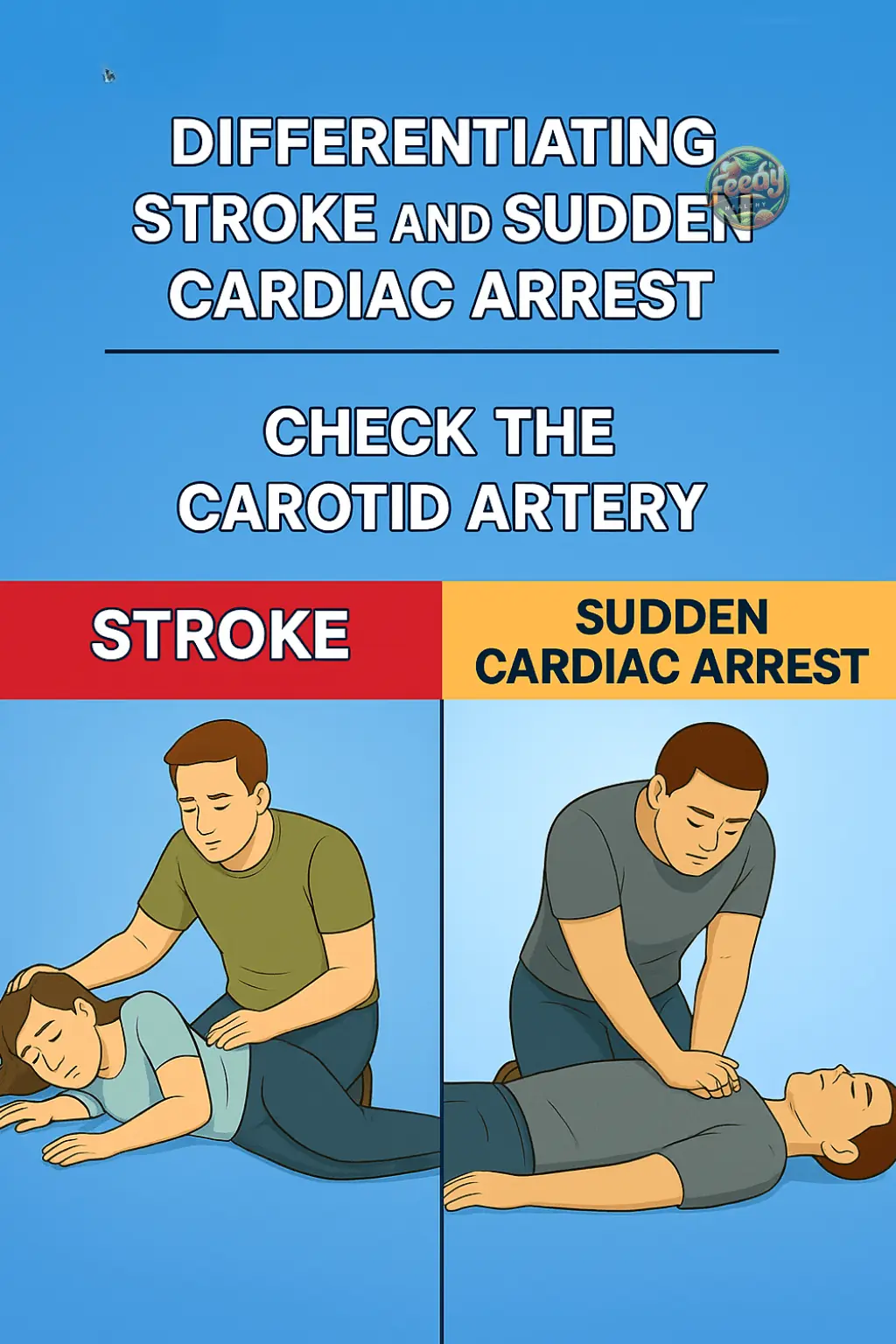
❗DON’T CONFUSE STROKE WITH SUDDEN CARDIAC ARREST – A MISTAKE COULD COST A LIFE!

17 Reasons Why You Should Drink Boiled Okra Water on an Empty Stomach

Clove: A Natural Superfood for Your Health

Canary Seed Milk: The Ancient Secret to Detoxify Your Body
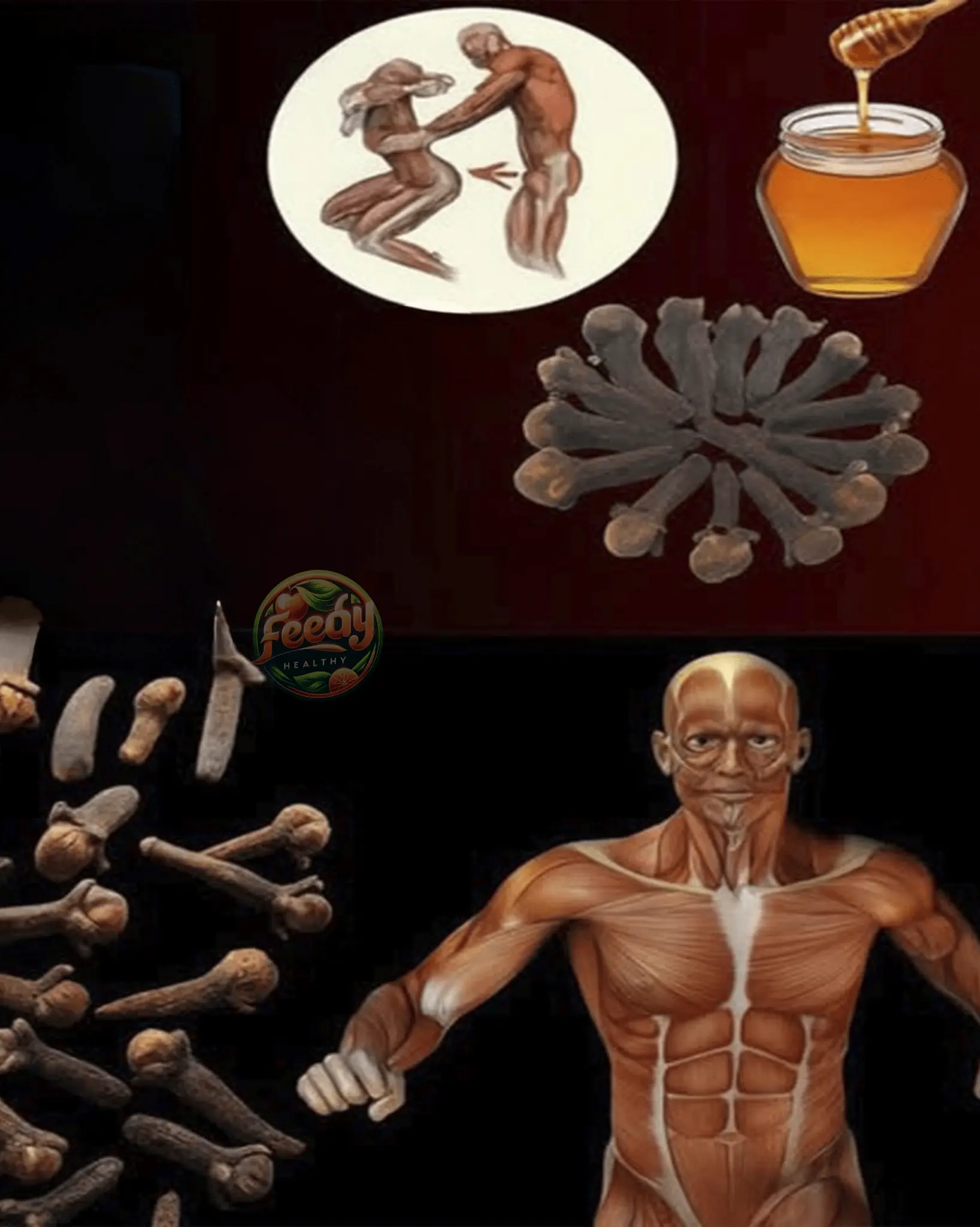
18 Health Benefits of the Ginger, Clove, and Honey Mixture

Sharp Chest Pain: Causes and Natural Remedies
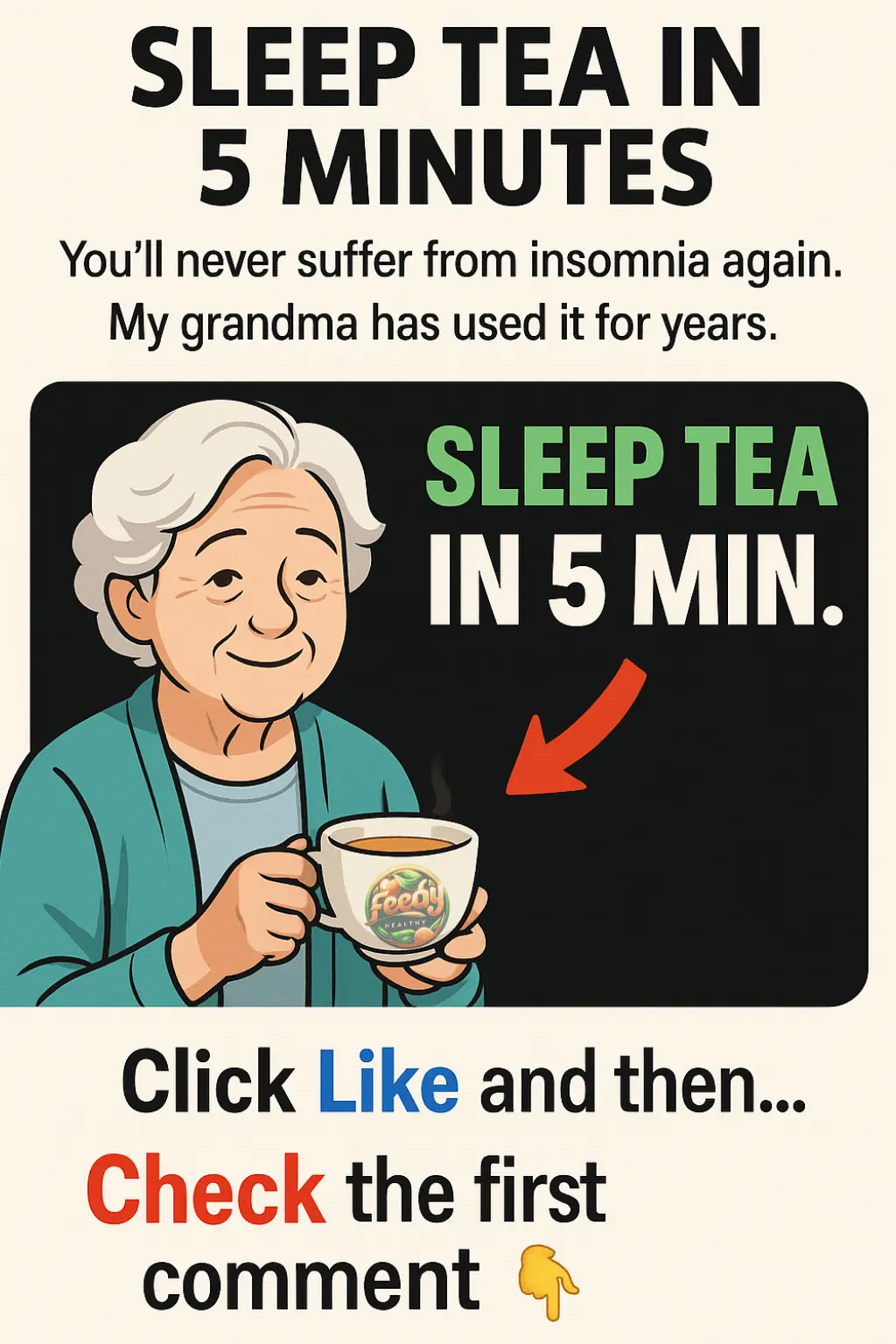
Discover Grandma’s Sleep Tea: Helps You Fall Asleep in Just 5 Minutes

Why Do Some Men Keep Their Pinky Fingernail Long? The Hidden Meaning Behind a Tiny Tradition

Discover the Power of Rosemary: “Natural Morphine” in Your Own Home

13 Reasons Why You Should Eat Boiled Eggs in the Morning

Clove: A Powerful Spice and Natural Pain Reliever
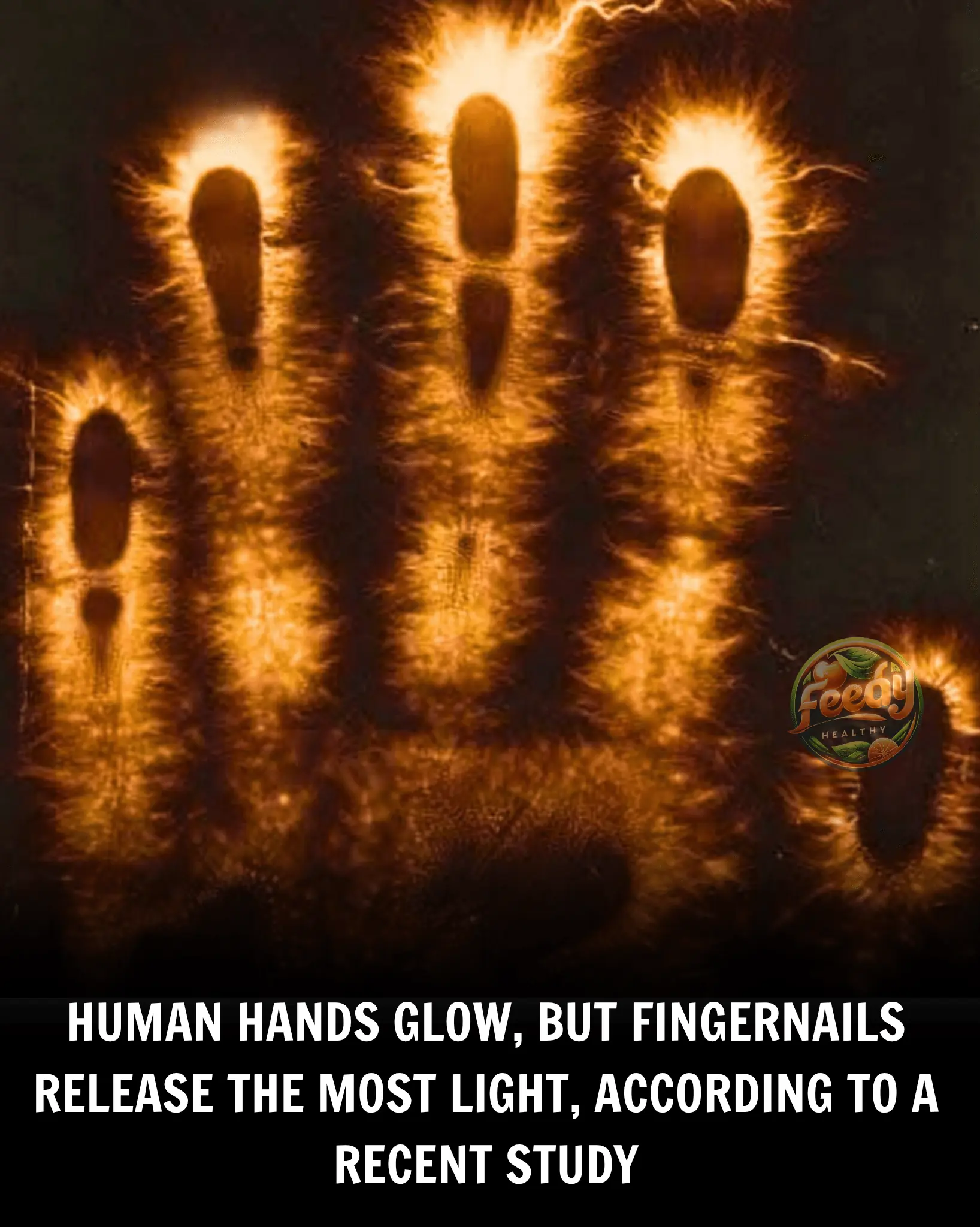
The Hidden Light In Your Hands That Shouldn’t Be Dimmed
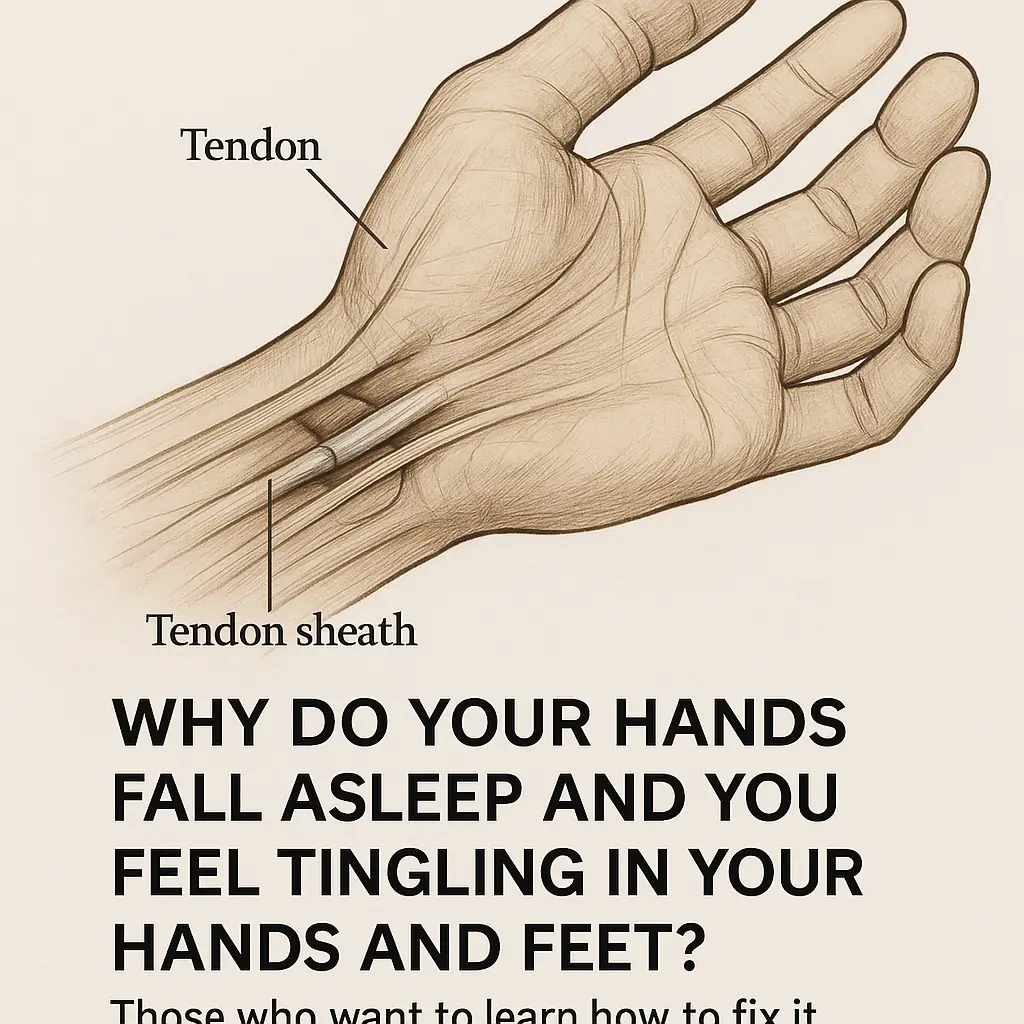
Why Do Your Hands Fall Asleep? Common Causes and Effective Natural Remedies

Striking simulation illustrates the progression of death from cancer
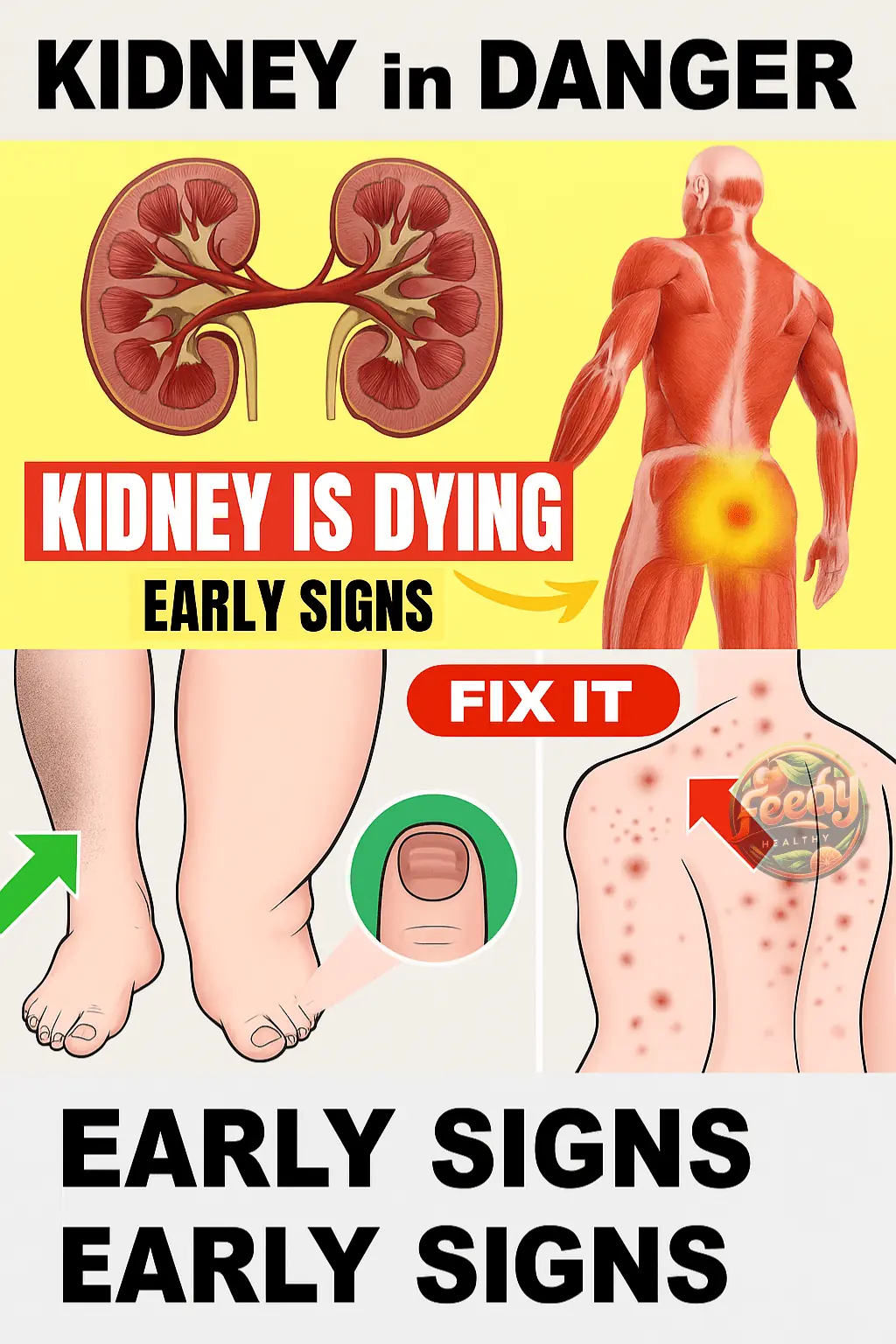
23 Weird Signs of Kidney Disease Most People Will Miss

The Miracle Drink That Could Empty Hospitals in 2025 – Say Goodbye to Disease, Naturally!
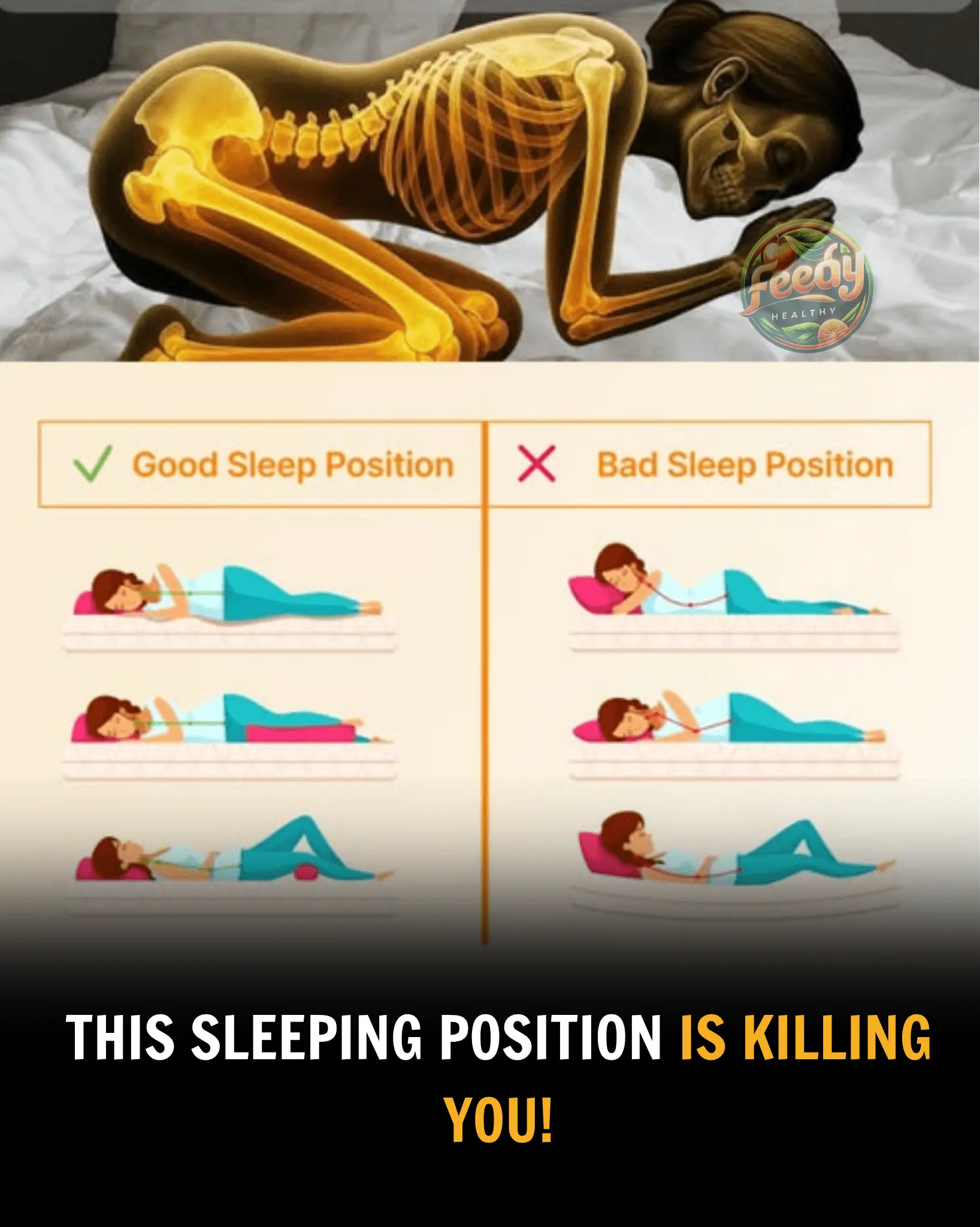
The Most Dangerous Sleeping Position – What You Didn’t Know Could Be Harming Your Health
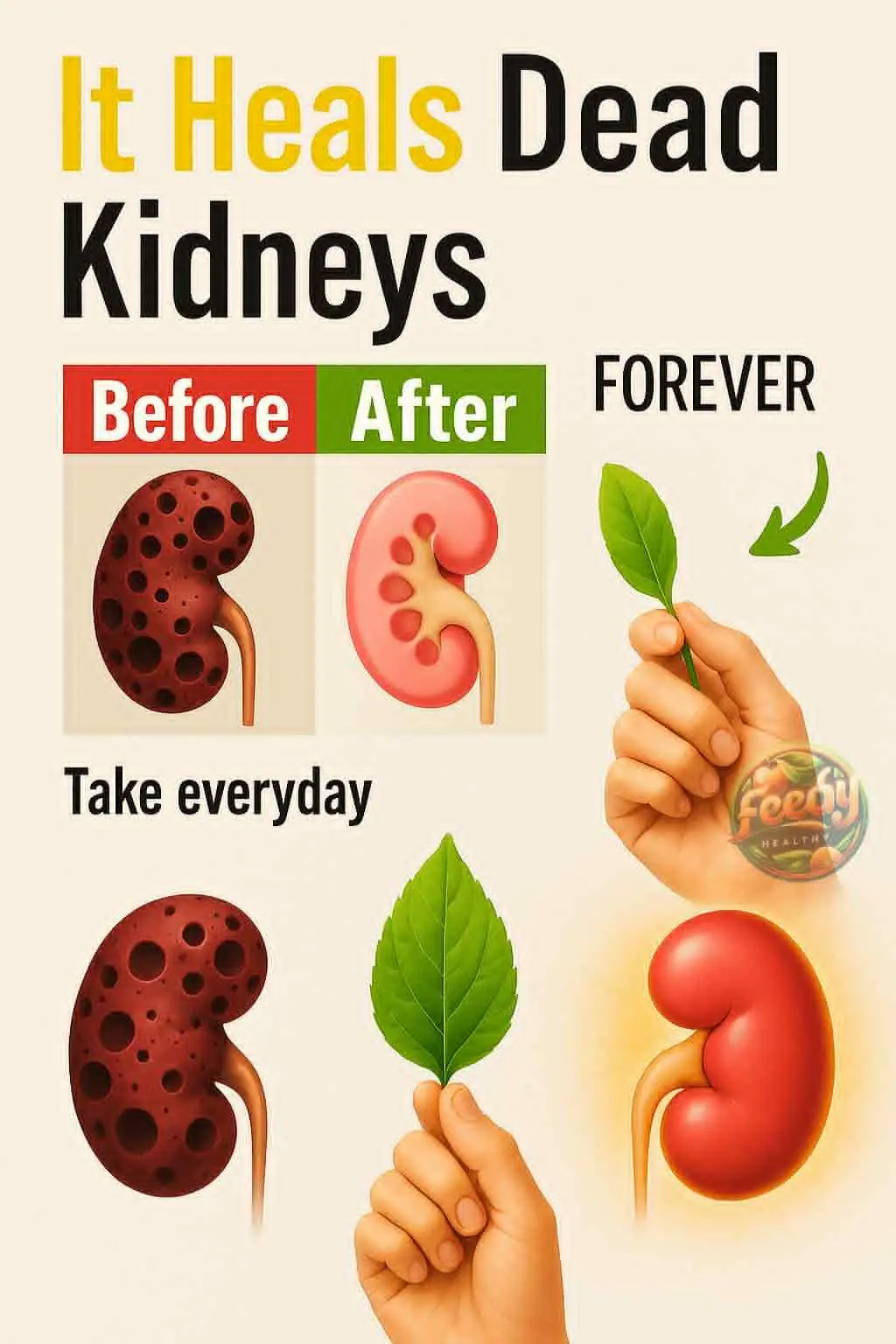
This Natural Leaf Has Been Used for Generations to Support Kidney Health
News Post
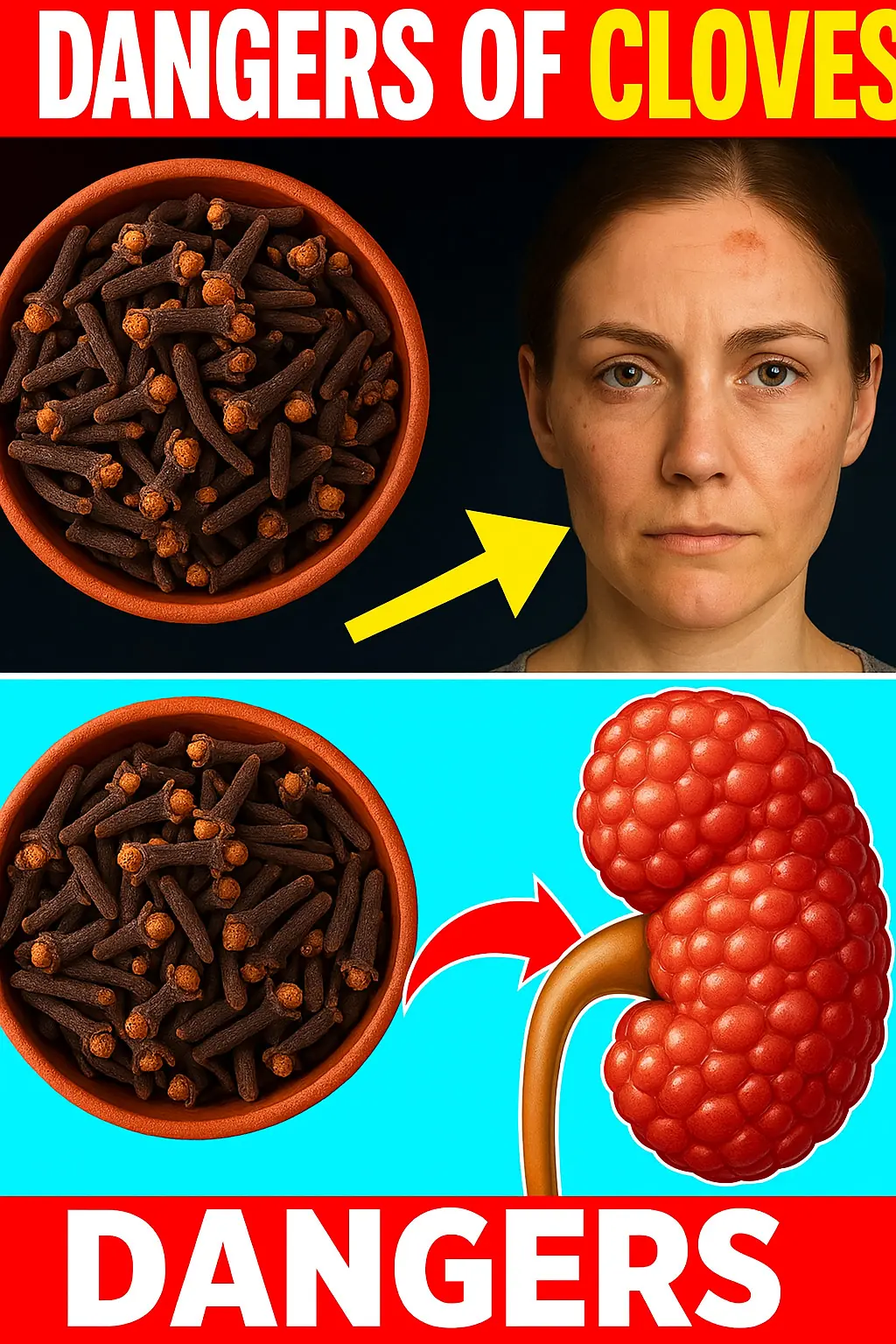
The Hidden Dangers of Cloves: What You NEED to Know Before Using This Super-Spice!

The Banana Blossom Secret: Unlock Vibrant Health After 40 with This Tropical Superfood

This 7-Day Smoothie Plan Took 20 Years Off My 60-Year-Old Grandma’s Skin and Hair!

Mango Leaf and Clove Tea: The Hidden Elixir You’ll Wish You Discovered Sooner

Unlock the Secret to Crystal-Clear Vision: Is Oregano Your Eyes’ New Best Friend?
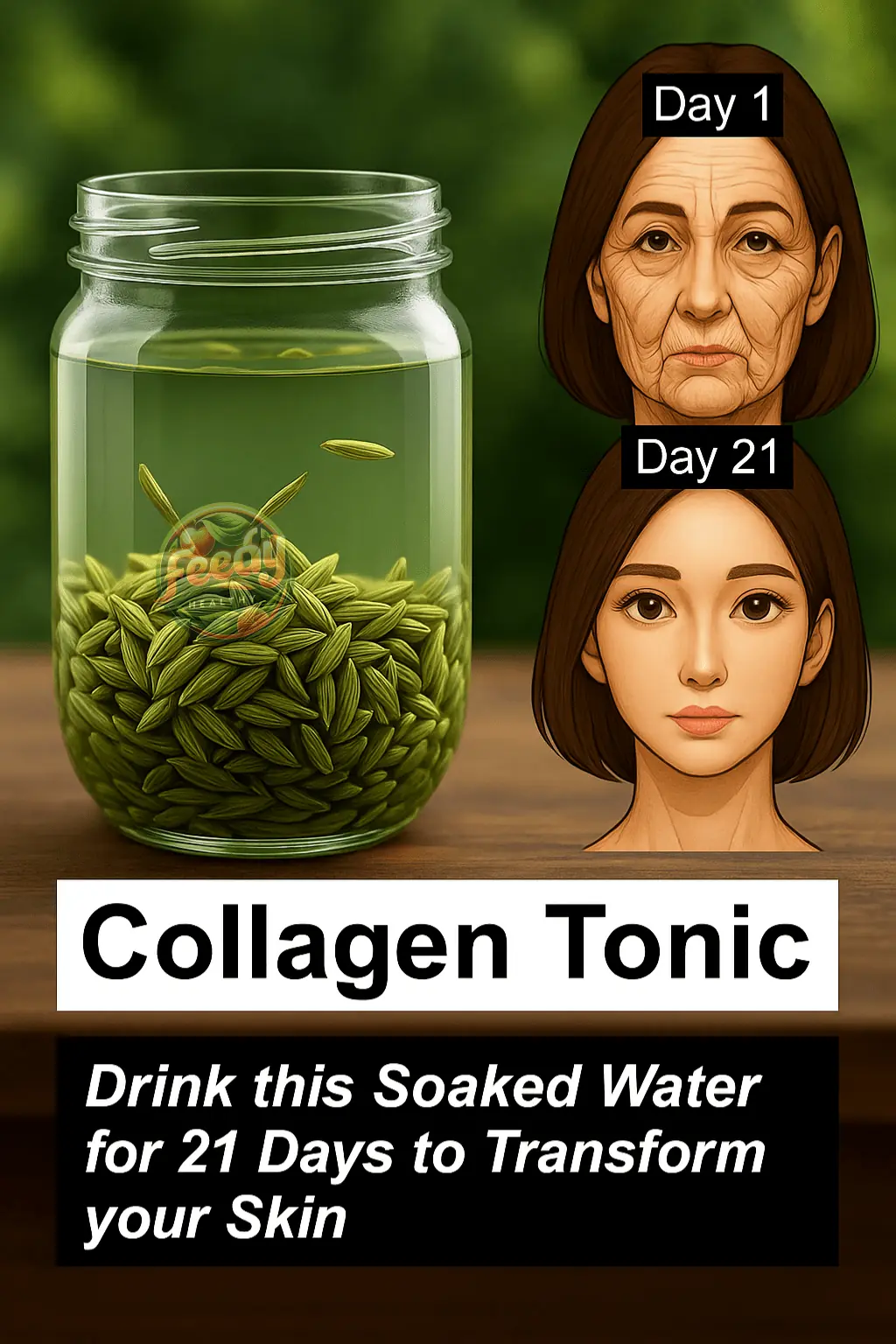
How to make Fennel Seeds Water/ Tea – Benefits of Fennel Seeds for Weight Loss & Health

The Benefits of Showering at Night: Health and Well-Being

Discover the Ancient Secret to Detox Your Body, Revitalize Your Kidneys, and Supercharge Your Prostate Health!

The Backyard Superfood You’re Probably Pulling Out: 7 Reasons to Grow Purslane Now

This Banana, Avocado & Carrot Smoothie Will Transform Your Health in One Sip!

Unleash Your Inner Fire: The Ultimate Natural Drink to Skyrocket Energy, Confidence, and Performance

The Miracle Drink You NEED to Know About: Transform Your Health with This Cucumber, Carrot, and Lemon Elixir

Discover the Hidden Superfood in Your Backyard: 8 Irresistible Reasons to Embrace Purslane

Unlock the Secret to Stunning Hair: The Jaw-Dropping Power of Homemade Onion Hair Oil Revealed

Sip Your Way to Stunning: Why Every Woman Needs the Lipton, Cloves, and Ginger Elixir in Her Life

Starving horse Heidi is dumped in mud and left to die – volunteers save her and now she’s winning awards

The Secrets Your Thumb Shape Reveals About Your Personality

❗DON’T CONFUSE STROKE WITH SUDDEN CARDIAC ARREST – A MISTAKE COULD COST A LIFE!

SHE WALKED RIGHT UP TO THE COPS WITH HER FREEZER POP—AND HANDED THEM A NOTE FROM HER MOM
